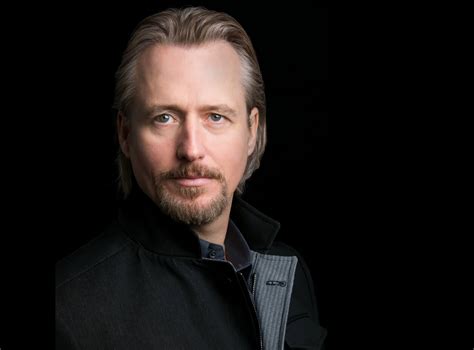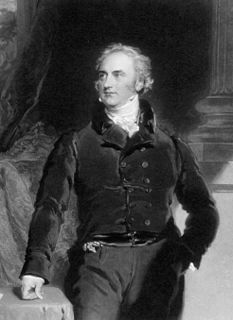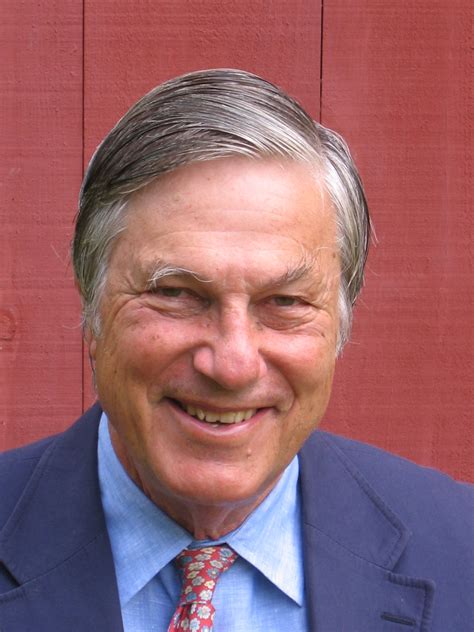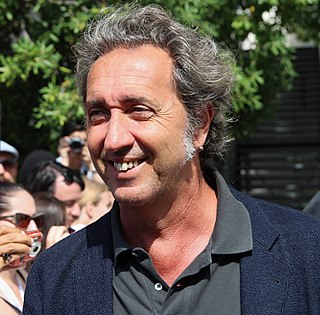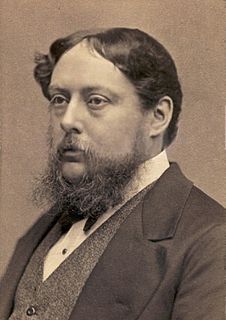A Quote by Marcus Tullius Cicero
Exercise and temperance can preserve something of our early strength even in old age.
Related Quotes
Our minds tell us, and history confirms, that the great threat to freedom is the concentration of power. Government is necessary to preserve our freedom, it is an instrument through which we can exercise our freedom; yet by concentrating power in political hands, it is also a threat to freedom. Even though the men who wield this power initially be of good will and even though they be not corrupted by the power they exercise, the power will both attract and form men of a different stamp.
...it is so silly of people to fancy that old age means crookedness and witheredness and feebleness and sticks and spectacles and rheumatism and forgetfulness! It is so silly! Old age has nothing whatever to do with all that. The right old age means strength and beauty and mirth and courage and clear eyes and strong painless limbs.
For both excessive and insufficient exercise destroy one's strength, and both eating and drinking too much or too little destroy health, whereas the right quantity produces, increases and preserves it. So it is the same with temperance, courage and the other virtues. This much then, is clear: in all our conduct it is the mean that is to be commended.
We take, and must continue to take, morally hazardous actions to preserve our civilization. We must exercise our power. But we ought neither to believe that a nation is capable of perfect disinterestedness in its exercise, nor become complacent about a particular degree of interest and passion which corrupt the justice by which the exercise of power is legitimatized.
The means by which I preserve my own health are, temperance, early rising, and spunging the body every morning with cold water, a practice I have pursued for thirty years ; and though I go from this heated theatre into the squares of the Hospital, in the severest winter nights, with merely silk stockings on my legs, yet I scarcely ever have a cold.
Aging happy and well, instead of sad and sick, is at least under some personal control. We have considerable control over our weight, our exercise, our education, and our abuse of cigarettes and alcohol. With hard work and/or therapy, our relationships with our spouses and our coping styles can be changed for the better. A successful old age may lie not so much in our stars and genes as in ourselves.
I should dearly love that the world should be ever so little better for my presence. Even on this small stage we have our two sides, and something might be done by throwing all one's weight on the scale of breadth, tolerance, charity, temperance, peace, and kindliness to man and beast. We can't all strike very big blows, and even the little ones count for something.
From youth to middle, and often to past middle, age, most men are apt to be too closely engaged in the struggle of life to pay due attention to the strength of the body. They may take daily what they consider a sufficient amount of exercise; but the exercise is not calculated to keep the various limbs and muscles, still less the internal organs, in proper working order. Amid the ordinary concerns of life the man may appear strong, even stalwart. But when occasion arises for some special muscular exercise, or taxing the action of some organ, he finds out his weakness.








